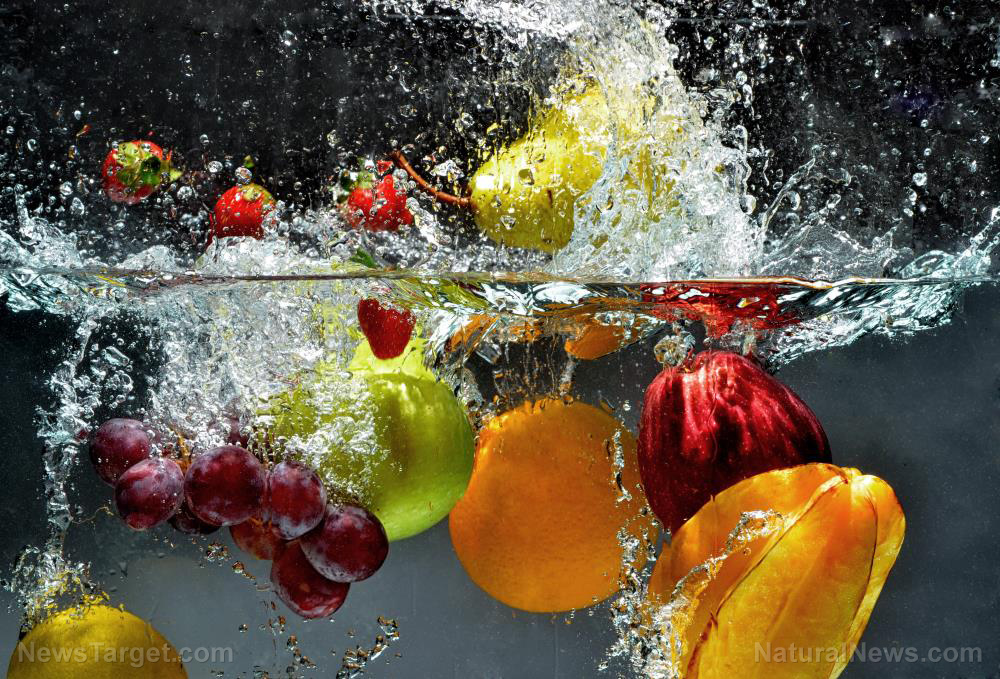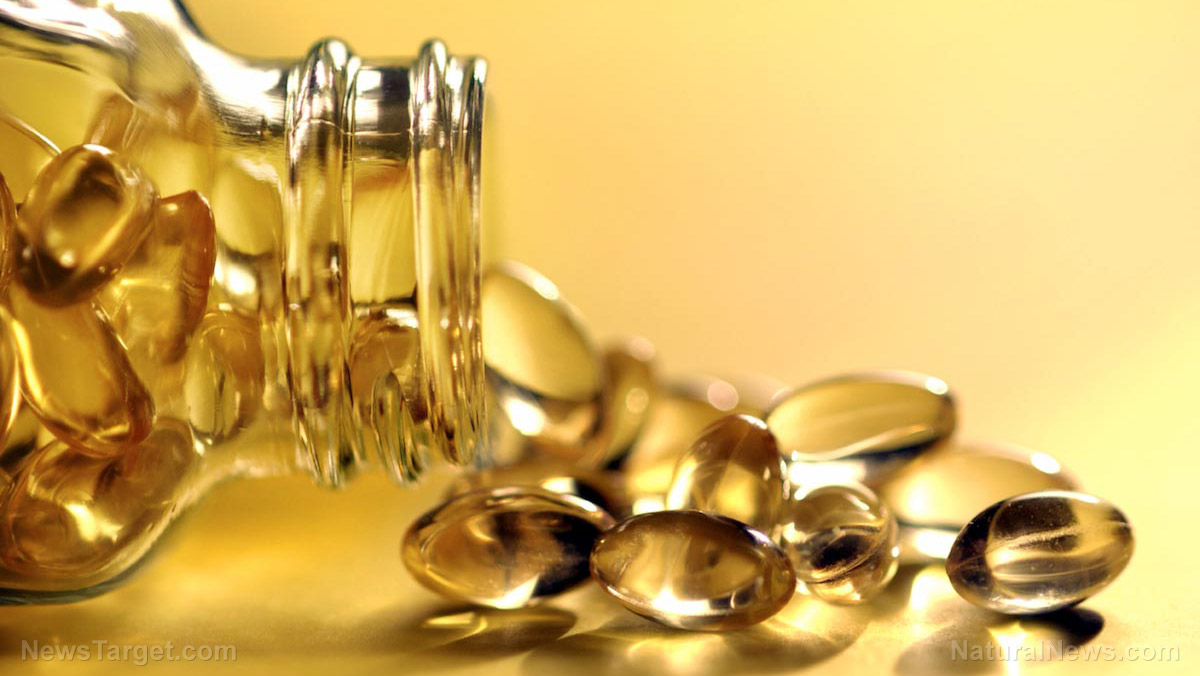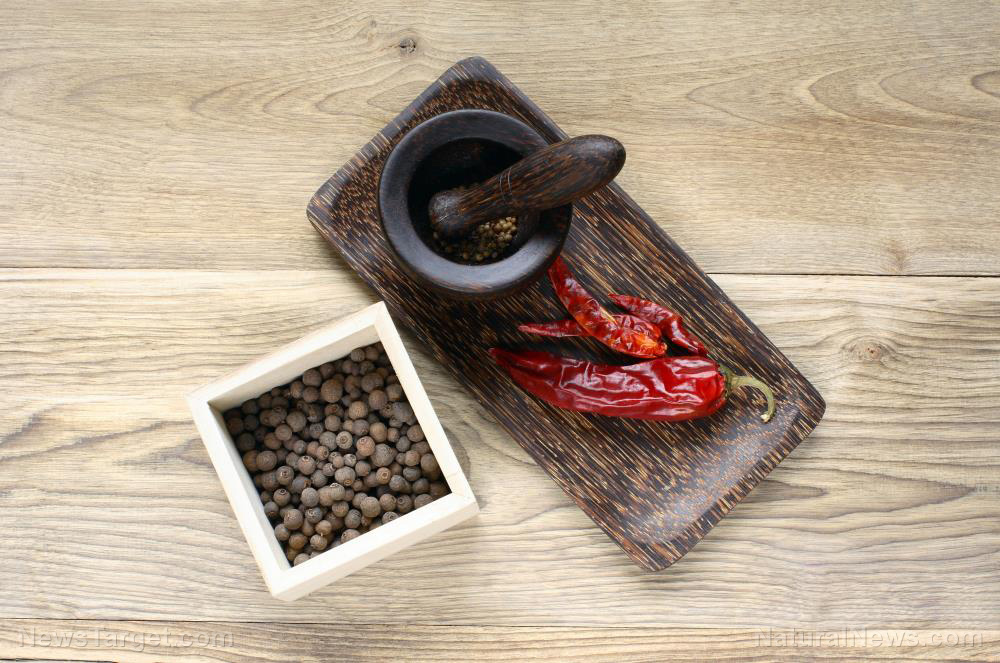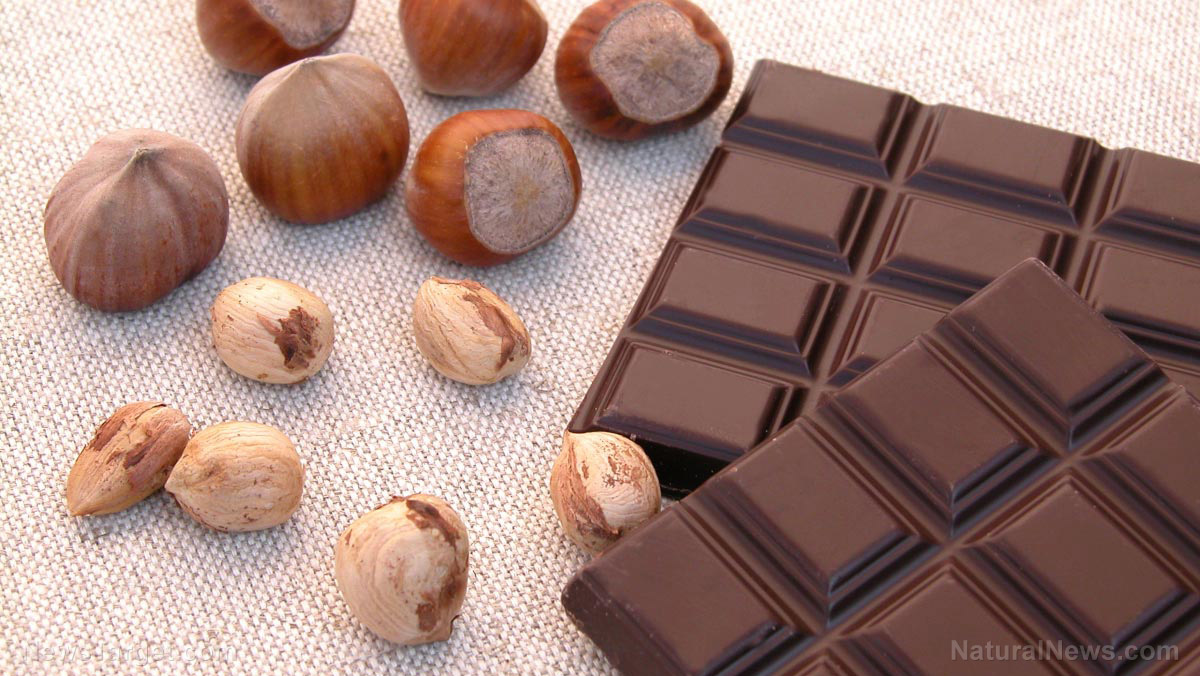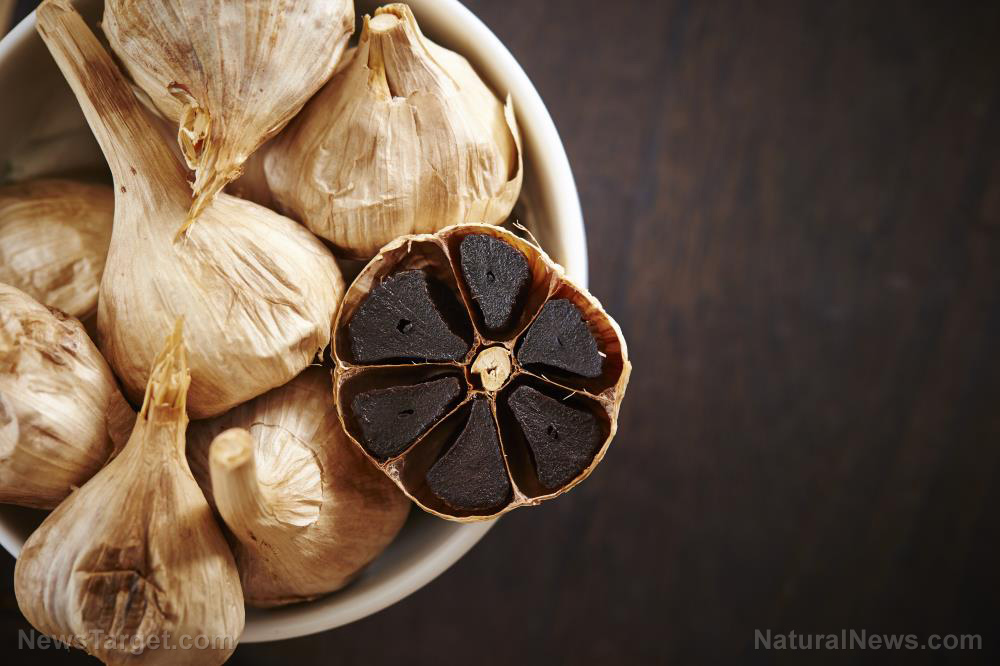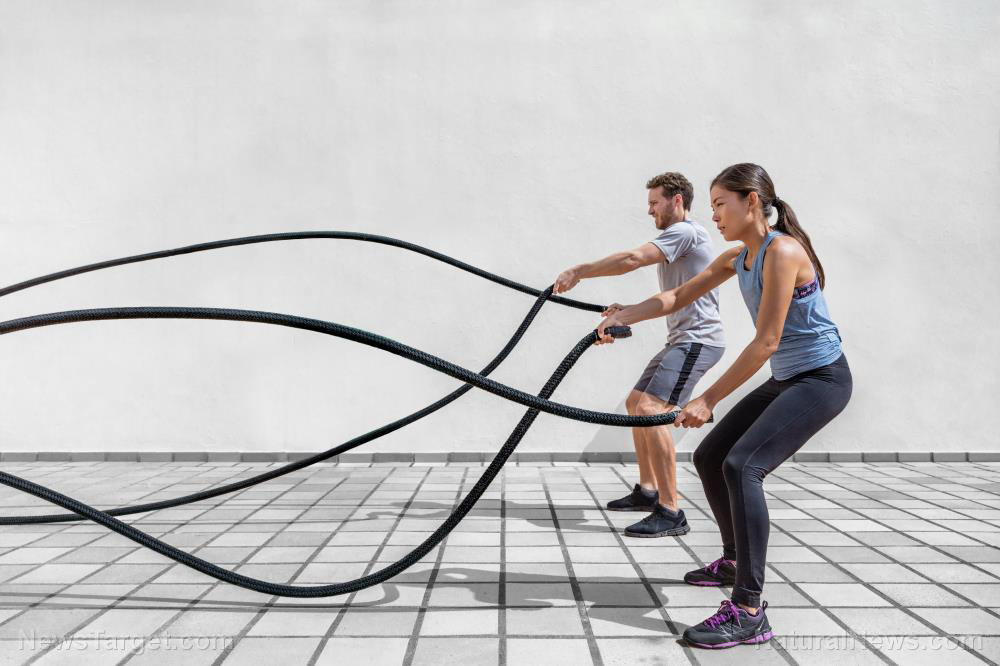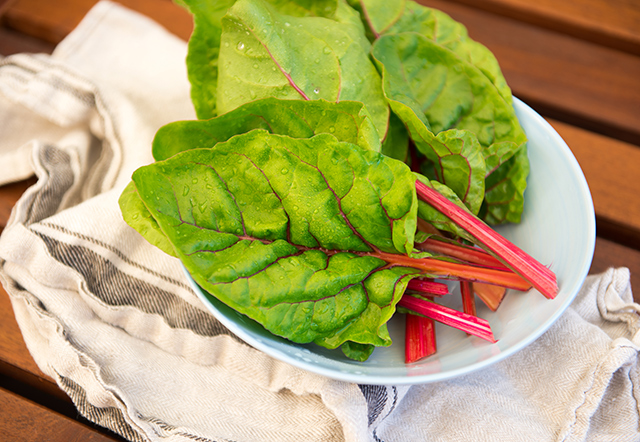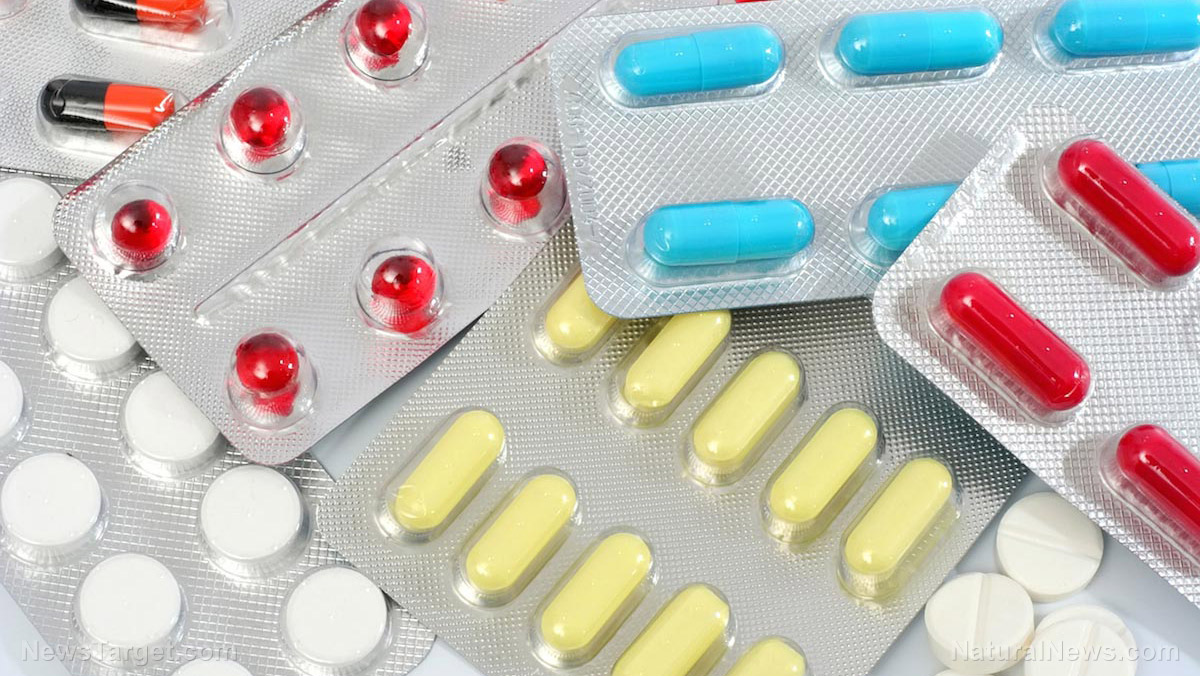4 Small but quantifiable changes that reduce your risk of high blood pressure
01/25/2019 / By Zoey Sky
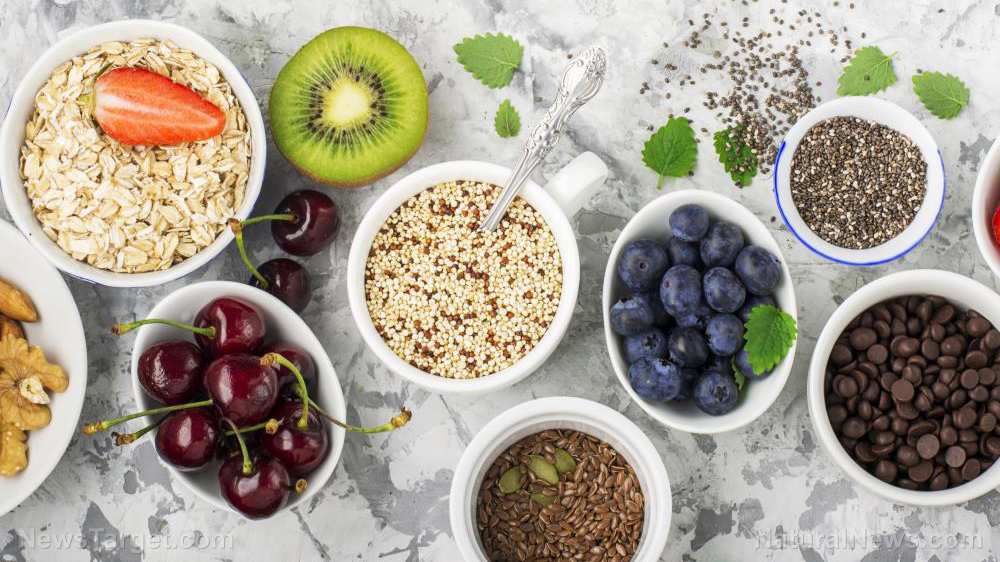
High blood pressure, or hypertension, is often called the “silent killer.” As the ominous name suggests, hypertension doesn’t have obvious symptoms, which can mean trouble for those who have the condition. But if you want to prevent hypertension, you need to make certain lifestyle changes, such as eating more fresh fruits and vegetables.
What is hypertension?
Hypertension rarely causes any warning signs and in most cases, it can be too late to prevent the health problems associated with this condition, such as a heart attack, stroke, or kidney failure.
The Centers for Disease Control and Prevention (CDC) reports that about one out of three American adults have elevated blood pressure. Dr. Martha Gulati, the director for preventive cardiology at Ohio State University Wexner Medical Center, warned that as people age, their blood vessels become stiffer, which can increase pressure in the arteries.
If you already have hypertension, making positive lifestyle changes can help you manage your condition. Registered Dietitian Nutritionist Rosanne Rust, who is also the co-author of “DASH Diet For Dummies,” advised that the following can help improve your overall health even if you don’t have high blood pressure:
- Avoiding smoking
- Exercising regularly
- Managing stress
- Losing weight (especially if you’re overweight)
Gulati noted that one of the best things you can do to manage hypertension is to follow a healthy diet. She added, “Diet has a huge effect on improving blood pressure.”
4 Ways to lower your blood pressure
You can manage your blood pressure or prevent hypertension by making the following changes.
Add some fruits or vegetables to every snack or meal.
Reducing your sodium intake and eating at least three to five servings of fruits and vegetables daily can help reduce systolic pressure by at least 5-13 points. (Related: Need another reason to start the Mediterranean diet? It helps lower your blood pressure.)
Lower your blood pressure by eating more of the foods in the list below:
Cut back on salt.
Minimizing your salt intake can significantly boost your heart health, especially if you have high blood pressure. Data from a 2014 study suggests that sticking to the recommended levels of six grams per day is enough for a major health boost.
You can limit your sodium intake by avoiding packaged foods and condiments such as breads, frozen meals, snack bars, soy sauce, and sugary cereals. If you don’t have hypertension, eat foods with less than 230 milligrams (mg) of salt per serving. But if you’re on a low-sodium diet, reduce it to at least 140 mg of salt per serving.
Avoiding breaded and fried foods can also reduce your intake of calories and sodium.
Eat more nuts.
Eating at least one handful of nuts every day can make your heart stronger and lower your blood pressure. Marla Heller, a Registered Dietitian and the author of “The DASH Diet Younger You,” said that based on the findings of a long-term study, there is a link between consuming a Mediterranean diet full of nuts and a 50 percent “reduction in the incidence of stroke.”
Nuts, which are full of essential minerals like calcium, magnesium, and potassium, also contain antioxidants and amino acids. You can increase your intake by adding a handful of nuts to a salad or stir-fry.
Drink some coffee.
Nutrition Director Jaclyn London at the Good Housekeeping Institute shared that you can drink coffee or tea even if you have hypertension since these beverages contain antioxidants, potassium, and polyphenolic compounds, all of which are associated with lower blood pressure.
In the past, cardiologists have warned against the consumption of caffeinated beverages. However, recent studies currently recommend drinking caffeine in moderation to lower your risk of chronic disease. Drink about 300-400 mg of caffeine per day to lower your blood pressure in the long term.
To minimize your risk of hypertension, try making some of the positive lifestyle changes listed above.
Sources include:
Tagged Under: blood pressure, cardiovascular diseases, fruits and vegetables, heart health, high blood pressure, hypertension, nuts, organics, sodium, tea





